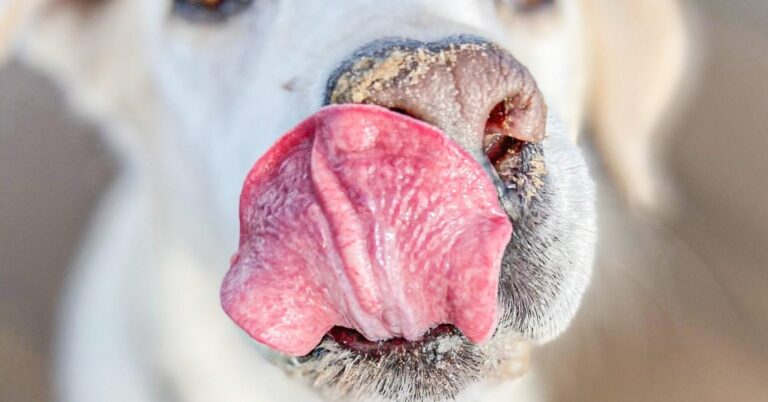Can You Give Cats Benadryl?
Reviewed by Erica L. Tramuta-Drobnis, VMD, MPH, CPH
Most of us are familiar with Benadryl to help with easing symptoms of allergies for humans, and dogs as well, but can you give cats Benadryl?
Benadryl is the brand name for a drug called diphenhydramine hydrochloride, it’s an over the counter antihistamine medication, and doesn’t need a prescription.
It’s sold as tablets, capsules, liquid gels, and even liquid form. Although it’s safe for humans to take, it might not be safe for cats.
Always consult your veterinarian before giving your cat Benadryl.
Why Would a Cat Need Benadryl?
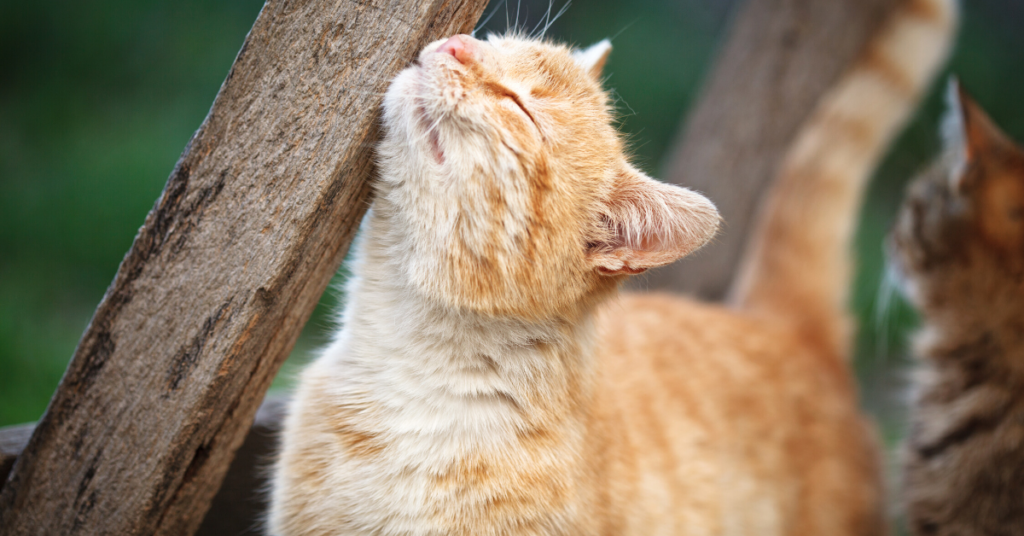
There are two main reasons a cat would need Benadryl. First is having general allergy issues. Which include allergic reactions to things in the environment, such as pollen, cleaning products, and plastic, or they can have food allergies.
If a cat has general allergy issues, you will notice signs like sneezing, itchiness, vomiting and diarrhea.
Second reason for a cat to need Bendaryl is having acute allergic reactions. Which is reactions to bug bites, or vaccine reactions.
How Does Benadryl Work?
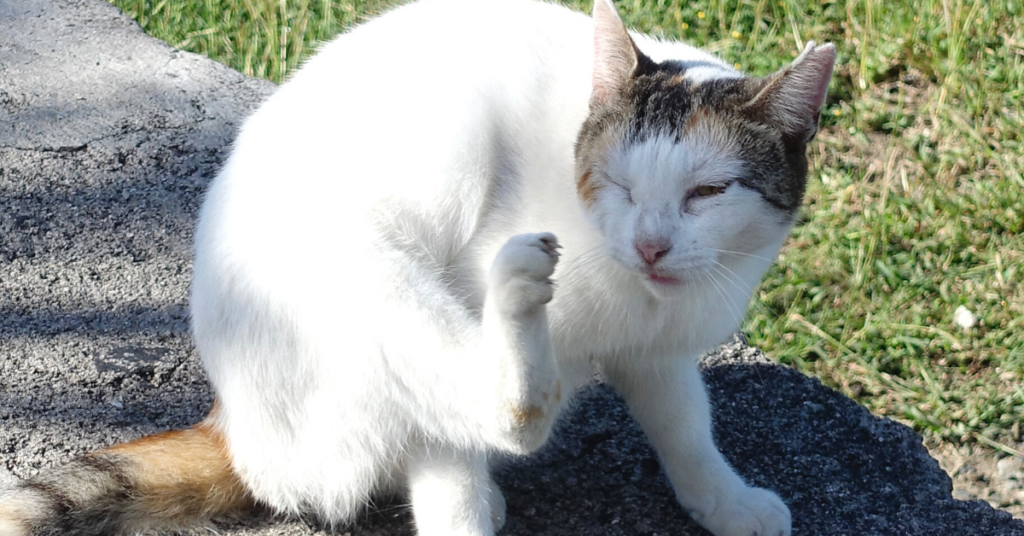
In the case of an allergic reaction, the cat’s body releases chemicals such as histamine and acetylcholine.
Benadryl works as an antihistamine, which blocks histamine and acetylcholine from being released into the cat’s body.
In addition, it works on reducing allergic reaction symptoms by decreasing itching, sneezing, swelling, and drying up watery eyes or runny noses.
It’s sometimes combined with other medications which can be dangerous for your cat.
That’s why it’s important to read the package carefully when buying it to ensure that the active ingredient is diphenhydramine.
Can You Give Cats Benadryl?
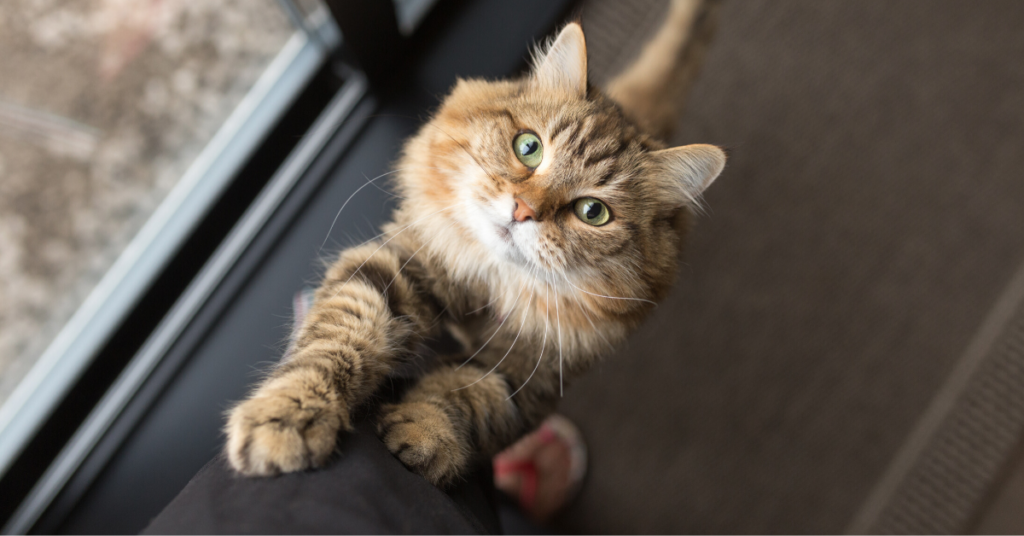
Benadryl is commonly used by the veterinary community and considered to be safe. However, it is not FDA approved for use in cats.
Following the dosage guidelines for Benadryl is important, since it’s possible for cats to overdose on it.
You should avoid giving your cat Benadryl, if the cat is pregnant, or has underlying health issues, or taking other medications, , because serious reactions can happen.
It’s always better to contact your vet before giving your cat Benadryl.
When To Give Benadryl To Cats
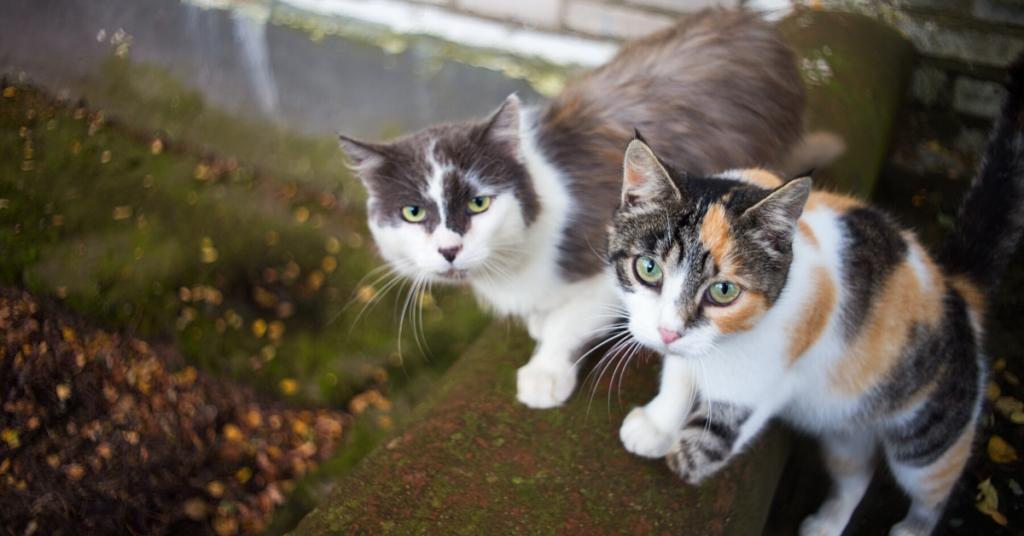
There are different cases where you can give Benadryl to your cat. For instance, a cat gets stung by an insect such as a bee or scorpion, or by a poisonous snake, in that case, you can give her Benadryl.
A cat may need Benadryl when it’s itching from environmental or food allergies, or if it’s suffering from flea allergy dermatitis which is common in cats.
In case of traveling, your cat may have motion sickness or can’t sleep, Benadryl will prevent the cat from vomiting and work as a mild sedative.
Some cats are allergic to vaccines, so it’s recommended they take Benadryl or an antihistamine before vaccination.
When NOT To Give Benadryl To Cats
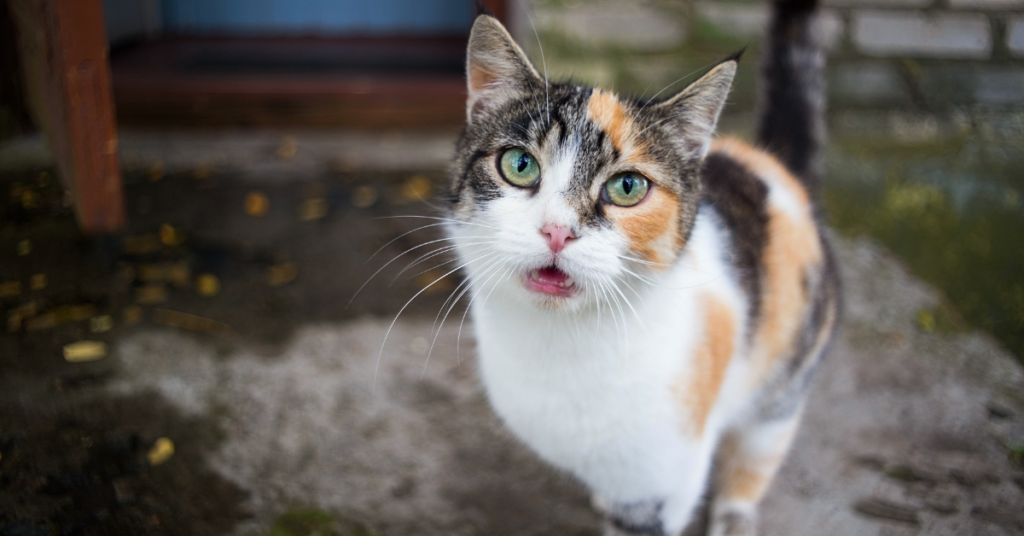
While Benadryl can help your cat with allergic reactions, there are cases where your cat shouldn’t take Benadryl which include:
- Pregnant cats
- The cat has a heart disease or high blood pressure
- In the case of glaucoma
- If the cat takes other medications such as Amitraz, CNS depressants, Epinephrine, Furazolidone, Selegiline, Calcium, or warfarin sodium
If you notice your cat has one or more of these conditions, talk to your vet before giving her Benadryl.
How Much Should I Give My Cat?
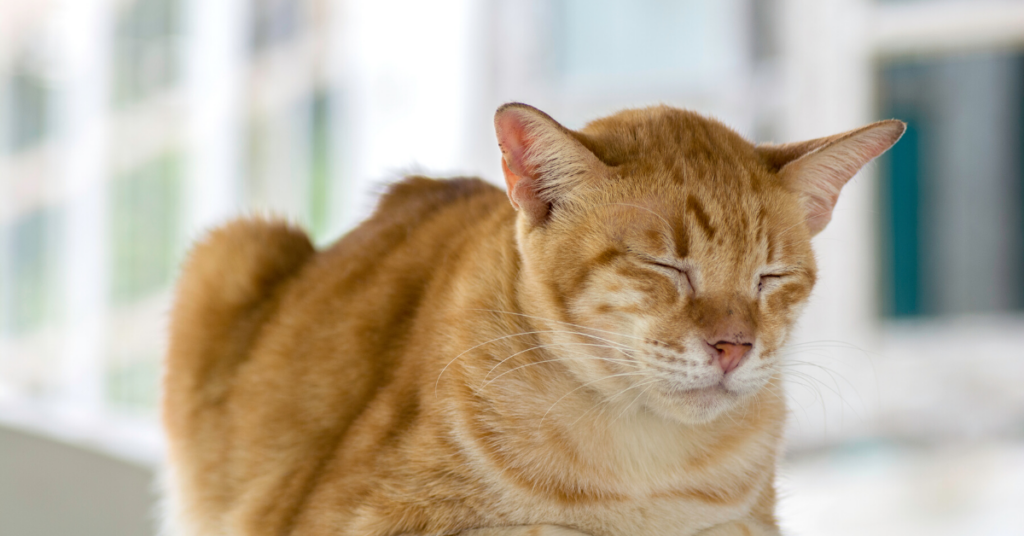
It’s important to get the right dosage of Benadryl for your cat, to avoid overdosing and serious complications.
The general accepted dose for average sized cats is one milligram per pound of body weight for two to three times a day. For example, a 12.5 pound cat will need half of a 25 mg tablet 2-3 times a day.
The vet may recommend using the children’s Benadryl or liquid Benadryl for dosing more accurately, especially for small cats under 12.5 pounds.
Potential Side Effects

Potential side effects of Benadryl include having a dry mouth, itchy skin, lethargy, hyperactiveness, vomiting, diarrhea, and loss of appetite.
When to See a Veterinarian
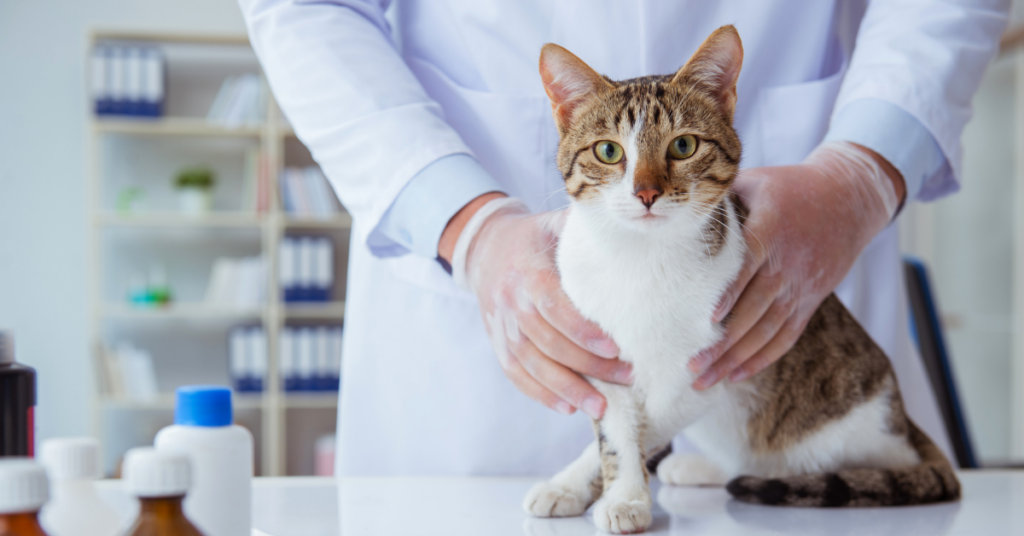
It’s preferred to consult your veterinarian before administering Benadryl. Especially, if your cat takes any of the medications mentioned earlier.
Your vet will suggest alternatives to Benadryl that won’t cause any complications, such as fish oil, coconut oil, and chamomile.
In addition, if your cat is bit by a poisonous snake or insect, you should immediately call your nearest emergency clinic, since it can be fatal.
Finally, Benadryl overdose may cause seizures, comas, or even death if a large amount was ingested.
So, if you notice any side effects after giving Benadryl to your cat, monitor your cat carefully, and if the condition gets worse, call your vet immediately.





